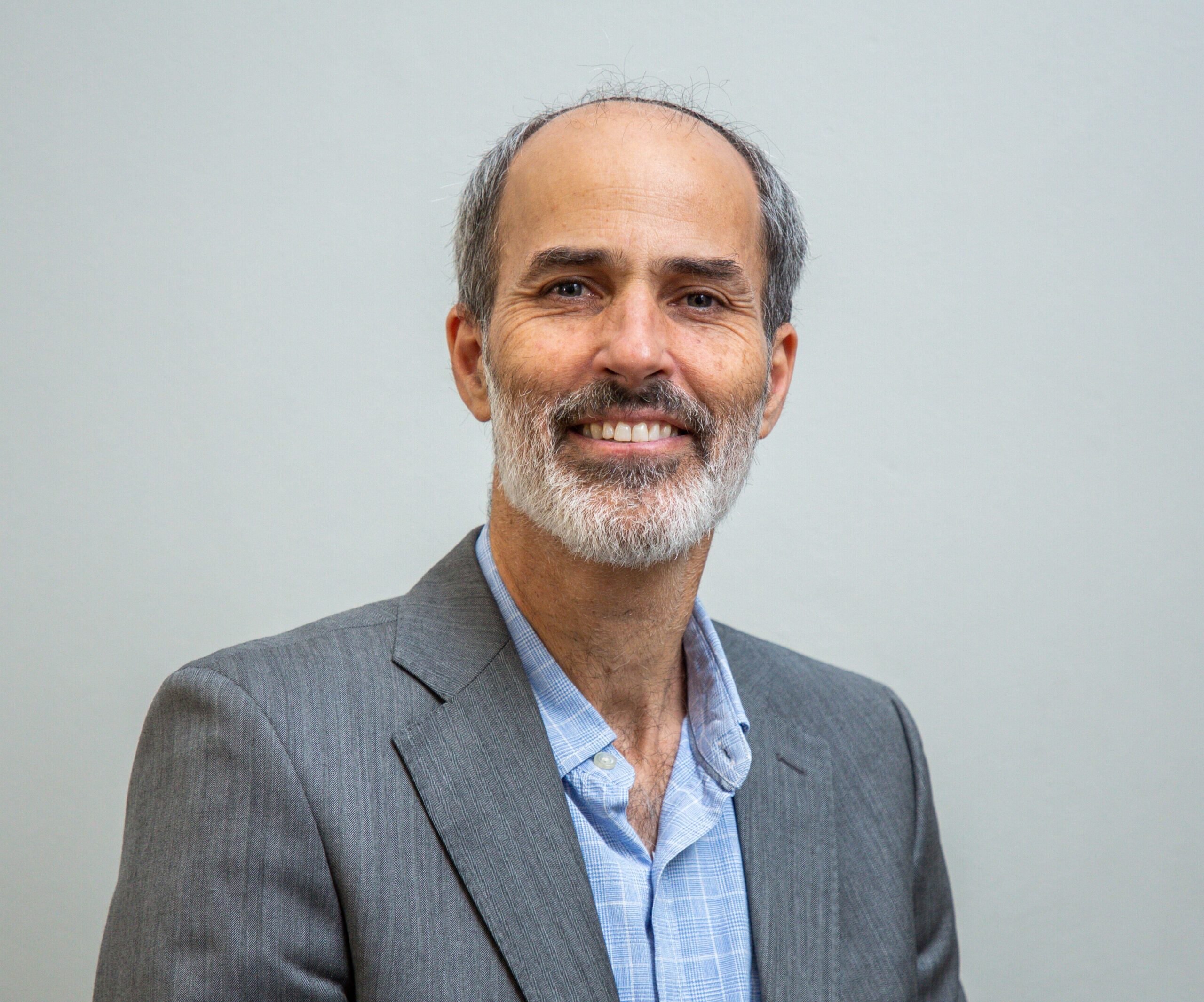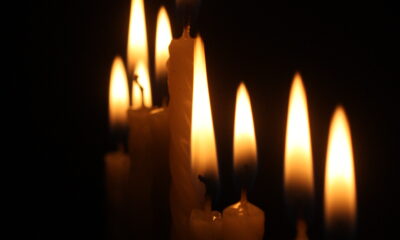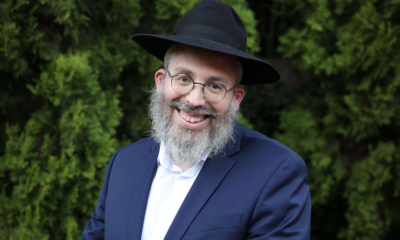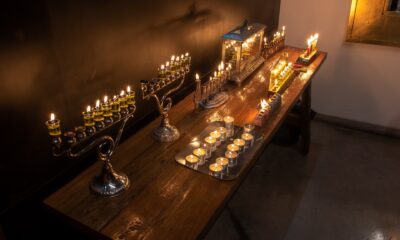
Religion

Why isn’t Chanukah seven nights long?
Why is Chanukah eight nights long? You know the answer to this one, right? The olive oil needed to light the menorah should have lasted only one day, but in fact it lasted for eight days. We celebrate for eight nights to remember the miracle.
Except, if you think about it, they always had enough oil for the one first day. That means that the first day wasn’t miraculous and the wonder really was the seven days after that as the oil continued to burn. If you want to celebrate the miracle, you need to do it for seven days, not eight!
You’re not the first to ask that question. Rabbis over the centuries have tackled this, and there are more than a hundred different ways that they have answered it. That’s taking two Jews, three opinions to a whole different level! Here’s a small taste of some of the answers:
Answer one comes from Menachem Meiri, a famous Catalan rabbi of the 13th century. That they found any oil at all was already a miracle. The Greeks having defiled the Temple and used it for their own rituals, should have left no pure oil behind. And yet they managed to find one jug, so from the get-go, there were miracles happening.
Answer two goes back to the time of Jewish scholars Hillel and Shammai, 2 000 years ago, and reminds us that the Hellenists didn’t just defile the Temple, they also banned circumcision. Greek culture celebrated perfection of the human body, and to cut into the flesh was seen as an abomination. It was only after the Maccabees defeated the Greek army that circumcision was allowed to be performed. As we know, a bris happens on the eighth day, hence Chanukah was celebrated for eight days. (Megillat Ta’anit ch.12)
A third answer comes from Yosef Karo, who you might recognise as the author of the Shulchan Aruch, the legal code from the 16th century. He suggested that the kohanim knew that it would take another eight days to get hold of pure olive oil, and so, anticipating this problem, they divided the jug of oil, which contained enough for one day, into eight equal amounts. That way, they would be able to light an eighth of the oil for each of the eight nights, and have the menorah lit, if not for the whole night, at least for a part of it, right through. The miracle that happened was that each night, the oil that should have lasted only one-eighth of the night, lasted for the entire night.
There’s another explanation that takes a different approach. When the war with the Greek army ended, everyone had been involved in the bitter fighting and had, tragically, come into contact with death. This is technically known as “te’umat meit”, and in order for anyone to be ritually fit for preparing the oil, they would have to undergo the process that moves them from tamei (unfit) to tahor (green light), which takes seven days. Therefore, it would be a week before anyone could even start preparing oil to light the menorah, and another day to get the oil ready. So the miraculous oil needed to last eight days. (Beit Yosef, Orach Chayim 670)
I want to take each of these four explanations as relevant to where we are today. Beginning with Meiri, how often do we say, “Well that’s just not going to happen,” and give up on something without even trying. If the Maccabees had taken that approach and considered it so unlikely that the Seleucid army had left any oil untouched, they would have never experienced the miracle and we wouldn’t be celebrating Chanukah. The lesson here is not to give up without at least trying.
Hillel and Shammai remind us that Jewish rituals have a power of their own. We might think we’re just lighting a candle or saying a blessing, blowing a ram’s horn, or putting on a fringed garment, but these actions reverberate beyond the here and now to the eternal forever and beyond. Every mitzvah we do has a positive consequence in the world, and if we think we cannot have an impact on the global stage, we can. Do a mitzvah right now and see how that changes the world.
Karo reminds us that even when the end is beyond us, doing something is better than doing nothing. A part adds up in some way to a greater whole, and contributing is always possible. Just because you can’t see yourself managing all, we’re told in Pirkei Avot, “You’re not obligated to complete the work, but neither are you free to desist from it.” (Avot 2:21)
Lastly, his other explanation talks to our experience today, and the war that has followed the pogrom of 7 October. Each of us has been tainted by the killing and the violence, and we hope and pray every day for the release of all hostages and an end to this war. Beyond that, to a solution that will mean that lo yilm’du od milchama (Isaiah 2:4) – that we, and everyone, should never have to train for war again.
- Rabbi Greg Alexander is part of the rabbinic team at the Cape Town Progressive Jewish Congregation.










